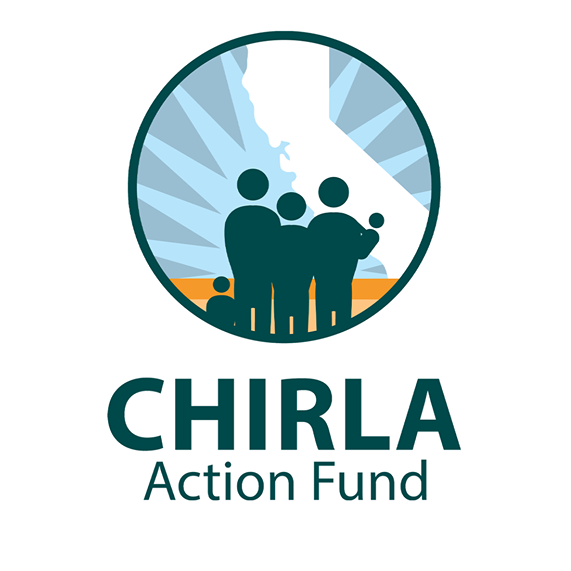Washington D.C. – Supreme Court Justice Antonin Scalia passed away this past President’s Day weekend leaving the future of key cases to be decided by the remaining eight justices. Among these decisions is the Deferred Action for Parents of Citizens (DAPA) and the expansion of the Deferred Action for Childhood Arrivals (DACA+) case already on the court’s docket.
The question most people have is: How does this new reality impact a case that will decide the fate a 5 million immigrants?
The short answer is that an empty seat at the Supreme Court of the United States (SCOTUS) does not change the progress already made on the DAPA/DACA+ case. In other words, the case will move forward as planned with arguments beginning in April and a decision by June of 2016. There is, however, a very unlikely chance they would move the case until October for a ruling in December of 2016.
The second question that people ask is: What happens if the SCOTUS does not reach the minimum of a 5 to 3 ruling in favor of DAPA/DACA+ to win? What if there is a 4 to 4 tie?
The answer to this question is that the lower court ruling stands. In this case, the 5th Circuit Court in New Orleans ruled against DAPA/DACA+ prior to the Supreme Court, therefore, DAPA/DACA+ does not get implemented. In essence, the case could start all the way from scratch.
As the case develops, the future of 5 million immigrants will depend on eight justices of the Supreme Court of the United States. History is about to be written as the outcome of this critical case could either fundamentally change the lives of millions of aspiring new Americans or usher them back into the shadows. In the meantime, our immigrant communities will continue to organize and remind America that politics is what’s getting in the way of justice for our families.

